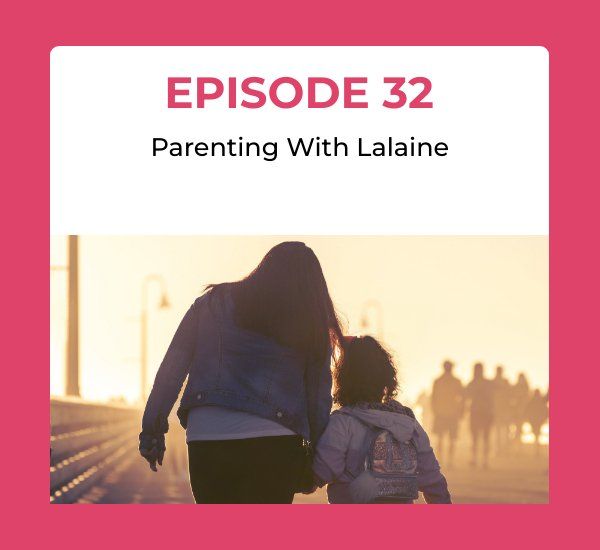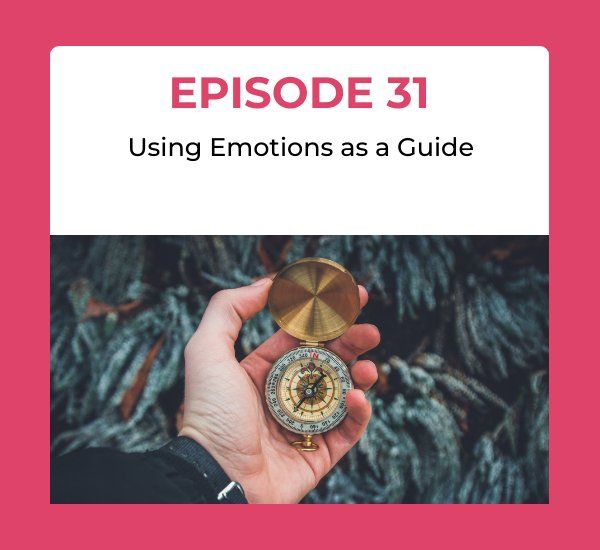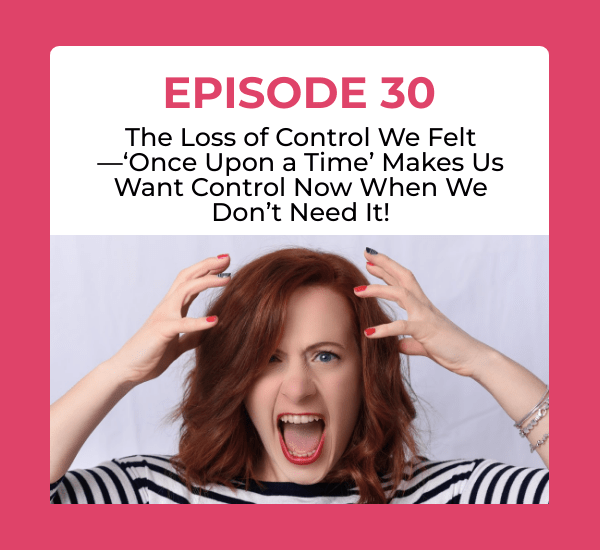How To Identify & Prevent Cyberbullying In Your Teen's Life - A Guide for Parents
According to cyberbullying statistics in the US, about 70% of school students say they’ve experienced cyberbullying. Don’t despair if your child is being bullied, there’s lots of help for you and your child.

This type of bullying can be relentless and debilitating. With so many children, tweens, and teens on the internet these days for learning, socializing, and play, it's hard to escape from cyberbullying abuse—so, how do you keep them safe? These days, teaching your children how to meet and peacefully defeat bullies has become an important part of positive parenting.
The best treatment is knowing how to prevent cyberbullying. You can help take control of a bullying situation by learning proven strategies on how to
bully proof your child. Read on to learn the definition of cyberbullying, its characteristics, how it affects mental and physical health, and what you can do to protect your child from becoming a cyberbullying victim.
What is Cyberbullying?
Cyberbullying is a virtual form of abuse. Bullies use digital tools such as messaging, social media, mobile phones, and online communities, to shame, scare, anger, or belittle their victims. In-person bullying can often coincide with cyberbullying. However, with cyberbullying, you have a digital trail that can help stop online harassment.
Characteristics of Cyberbullying
Your child may be a victim of cyberbullying if someone is:
- Sending them private messages, videos, or images that are threatening, hurtful, or abusive
- Using social media to spread secrets or lies or to post embarrassing pictures or videos of them
- Impersonating someone else using fake accounts and sending your child hurtful messages
- Pranking their cell phone
- Harassing them through phone calls, messaging, or email
- Hacking their gaming platforms or social media accounts
Cyberbullying Affects Mental Health
Cyberbullying can be just as devastating to your child’s mental health as physical and emotional abuse, if not worse. In some cases, the consequences of cyberbullying can even be life threatening. If your child is a victim of cyberbullying, they may start feeling:
- Angry
- Anxious
- Ashamed
- Frightened
- Guilty
- Insecure
- Intimidated
- Lonely
- Nervous
- Overwhelmed
- Unhappy
- Unsafe
Cyberbullying can affect your child’s self-esteem, make them lose confidence in themselves and the world around them, and can even present itself as physical symptoms such as:
- Exhaustion
- Frequent headaches
- Insomnia
- Nausea
- Nightmares
- Panic attacks
- Stomach aches
- Sleeping too much
- Withdrawing from friends and family
- Signs of stress
A victim of cyberbullying will often have negative thoughts or self-talk that reflect the words and actions that come from their bullies, feel like they’re always judged negatively, lose all motivation to do things they enjoy, and distance themselves from people they trust and love the most in fear of rejection, shame, and seen as a disappointment.
It’s important for parents to be on the lookout for mental and physical signs of cyberbullying, as bullying in any form can have long term psychological and physical consequences. Your child may not be comfortable opening up to you about being a bullying victim, as their self-esteem is already at an all-time low from the act of being bullied.
More Effects of Cyberbullying on Teens
Cyberbullying can negatively affect your child’s education. Harassment and bullying puts a lot of stress and anxiety on tweens and teens and can greatly impact their ability to learn. Their minds can become full of unnecessary noise, chatter, and distractions, which can lead to difficulties in concentration and decreased focus. When the effects of bullying are combined, it can affect their ability to remember the things they’ve learned.
Victims of bullying don’t realize they’re having trouble learning because they’re being bullied. This leads them to feel “stupid” or inadequate and can make them lose motivation and interest in being at school. This can be a terrible downward spiral as your tween or teen’s self-esteem takes a deeper hit and they start skipping school or turning to dangerous “fixes” like drugs, alcohol, violent behavior, and even thoughts of suicide to deal with their physical and emotional pain.
Ways to Identify & Prevent Cyberbullying
Unlike traditional face-to-face bullying, there’s no escape from cyberbullying once your child’s school day ends. The best way to bullyproof your child is by being aware of the characteristics of cyberbullying, watching for signs of mental and physical struggle, and knowing how to respond when someone is threatening their wellbeing.
While cyberbullying isn’t always preventable, there are some strategies you can use to reduce the chances of your child becoming a victim and for your child to follow if/when it happens.
Strategy #1: Encourage Open Communication
It’s important to establish trust and open lines of communication with your child so they feel comfortable talking to you about bullying. If your teen sees you as a supportive resource, they’re more likely to open up about their feelings. You should also encourage them to speak with trusted friends, other family members, or school counselors if they prefer a listening ear outside of mom or dad.
Strategy #2: Be Clear About The Definition Of Cyberbullying
Children learn best by example, so feel free to share the examples of cyberbullying that you read about in this article. Give them a clear definition of what cyberbullying means and the behaviors that aren’t acceptable. This can help them develop boundaries.
Strategy #3: Be Aware Of Their Online Activities
The more involved you become in your teen’s online life, the easier it’ll be to protect against cyberbullying. The one advantage cyberbullying has over traditional bullying is that you can save the evidence. Always be aware of what your child is doing online, who they’re interacting with, the online content they are consuming, and when they’re doing it. Ask your teen to explain to you how unfamiliar social media apps work so you can recognize the possibility for cyberbullying. Knowledge is key.
Educate Yourself & Your Teens On Cyberbullying
Stopbullying.gov is an organization with direct ties to the US government. This website provides great cyberbullying resources for both parents and teens.
Social Media platform TikTok partnered with parents to create a
Guardian’s Guide—a guide for parents and caregivers to help their tweens/teens learn about the importance of online safety and how to better manage their digital presence.
BullyProof Yourself & Your Kids is a book that teaches the cause of and cure for bullying so that you can finally defeat the bully in your child’s life. Learn more about BullyProof Yourself & Your Kids
here.
Ready To Turn Your Teen Into An Unstoppable Force?
It’s time to stand up to bullies and have your child take back control of their life.
Let’s talk about how you can become a master of creating unshakeable security in your teen, learn how to quickly disarm a bully, different role playing strategies so your child can learn how to react and stand up for themselves in potentially vulnerable situations, and how to get rid of bullies for good.
Get in touch today to learn hands-on parenting strategies that can make a difference in your child’s life.
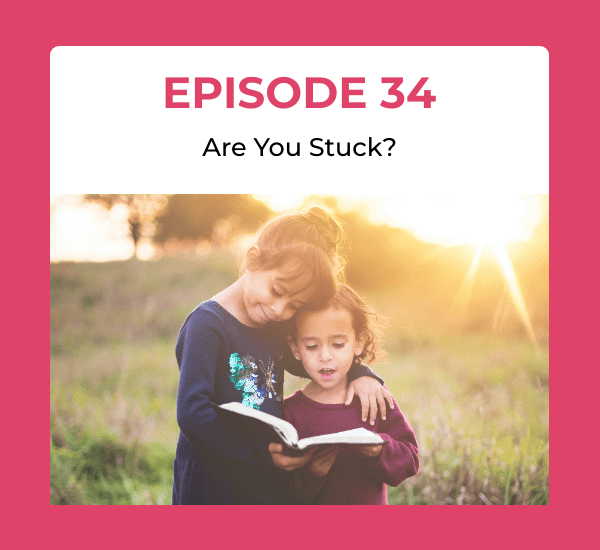
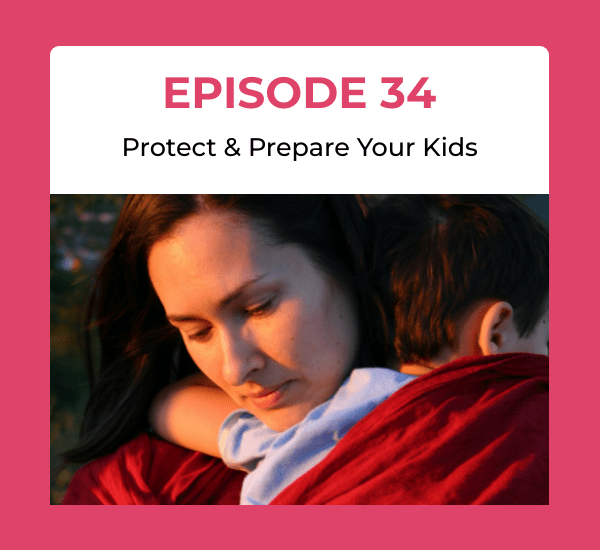

You assume and accept all responsibility and liability for using the content contained herein. This content is not intended to replace professional advice.
All Rights Reserved | The Kid Code | Website Created by CCC





